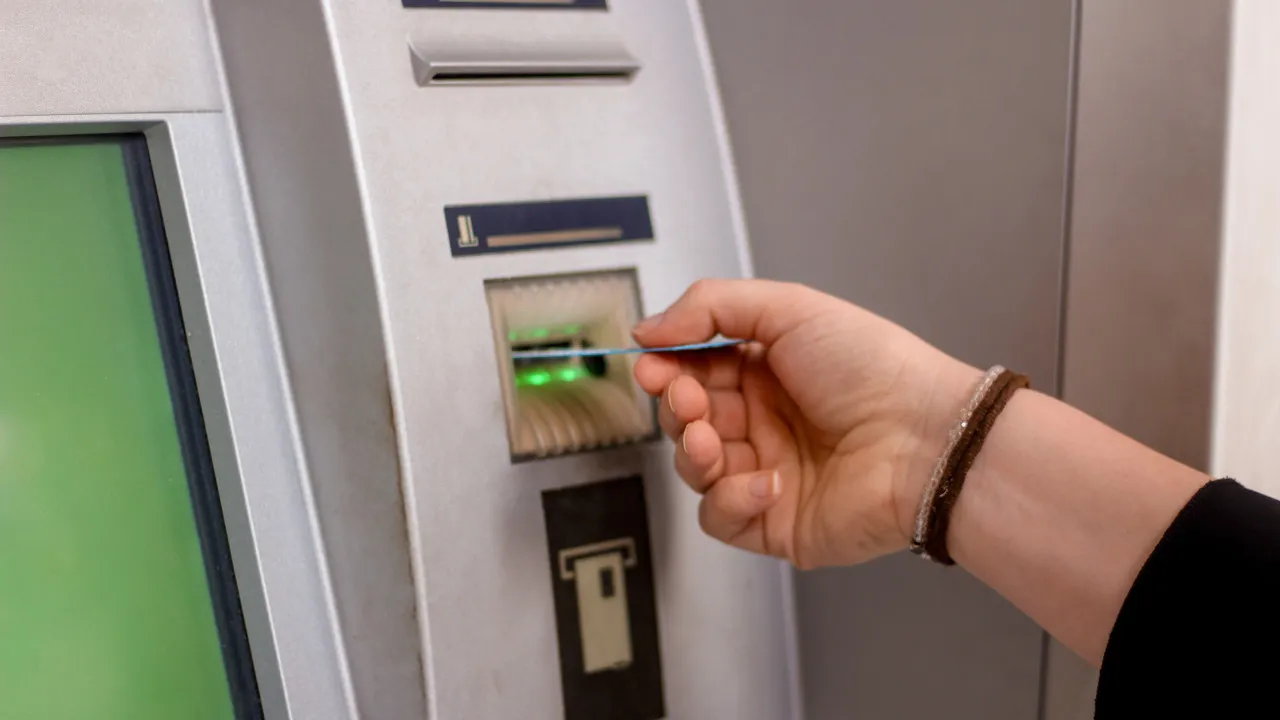
Bank cards, whether debit or credit, can be convenient allies for payments during holidays, avoiding the need to carry large amounts of cash. However, there are some security tips to keep in mind to avoid fraud.
“Do not lose sight of your debit and credit cards. To make purchases without issues, follow some security tips,” DECO PROTeste advises.
The consumer protection organization suggests adhering to these ten precautions:
- Always keep your card in a safe place, out of reach of others.
- Regularly check to ensure you have your card with you.
- When making a payment, never lose sight of the card and ensure it is processed on a single device.
- While entering the PIN during payment, ensure privacy by shielding the process from the view of others.
- After confirming the amount and entering the PIN, do not allow a repeat of the transaction unless the terminal clearly indicates the first attempt was canceled or failed. Verify via your bank’s app if the amount wasn’t debited.
- Always request a receipt for the transaction.
- Keep the receipt until you can verify it against the statement provided by the issuer (be it a card account, deposit account, or payment account).
- Immediately contact your card issuer if you notice any unauthorized transactions.
- Regularly check statements for transactions made with the card and report any discrepancies to the issuer immediately.
- If necessary, contact local authorities or use the SOS button in the Traveler Registration app.
“After notifying the card issuer or its designated entity of the loss, theft, or unauthorized use of a card, request immediate cancellation to assert your rights. The user’s liability is limited to 50 euros, except in cases of negligence,” the organization further explains.
Also, be aware that “for unauthorized transactions resulting from loss, theft, or unauthorized use of a card, made before notifying the issuer (or its designated entity), the cardholder bears the losses related to these transactions, up to the available balance or the credit line associated with the account or card, up to 50 euros maximum.”
It’s important to note that, “beyond traditional payment methods offered by conventional banks, recent years have seen the rise of fintech companies—financial technology businesses—that provide smartphone applications, enhancing service offerings for travelers abroad by reducing banking fees and easing currency transactions.”
“Revolut, N26, Monese, and TransferWise are examples of digital banks. Generally, despite some limits, they offer many commission-free transactions or ones with lower fees and reduced exchange rates,” explains DECO PROTeste.




